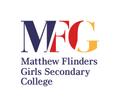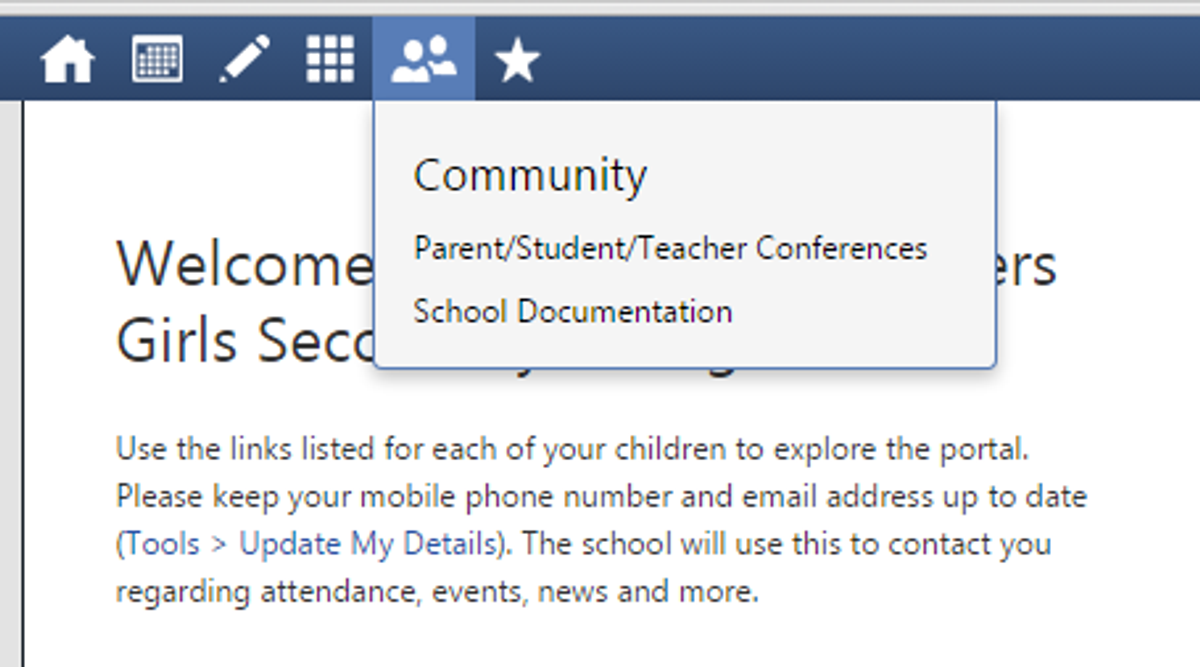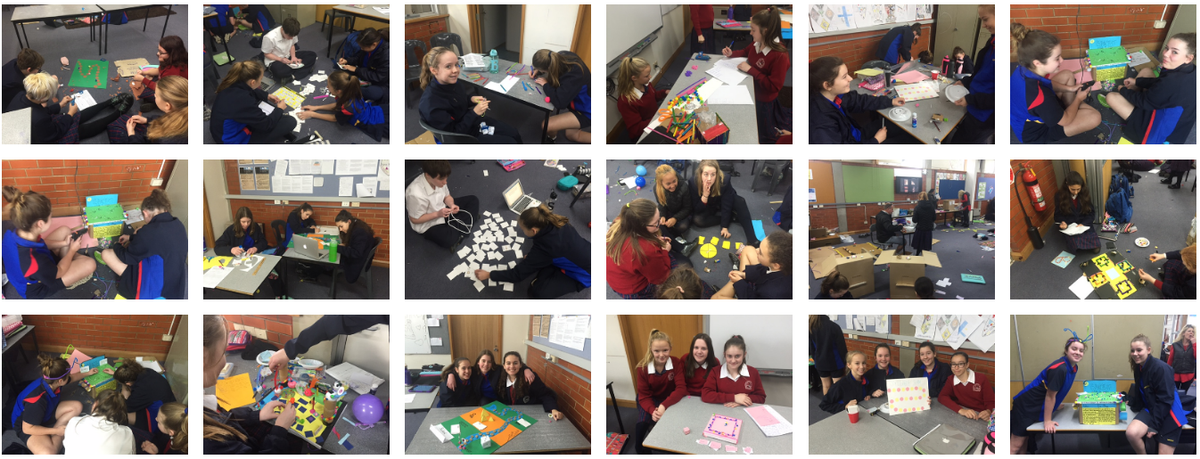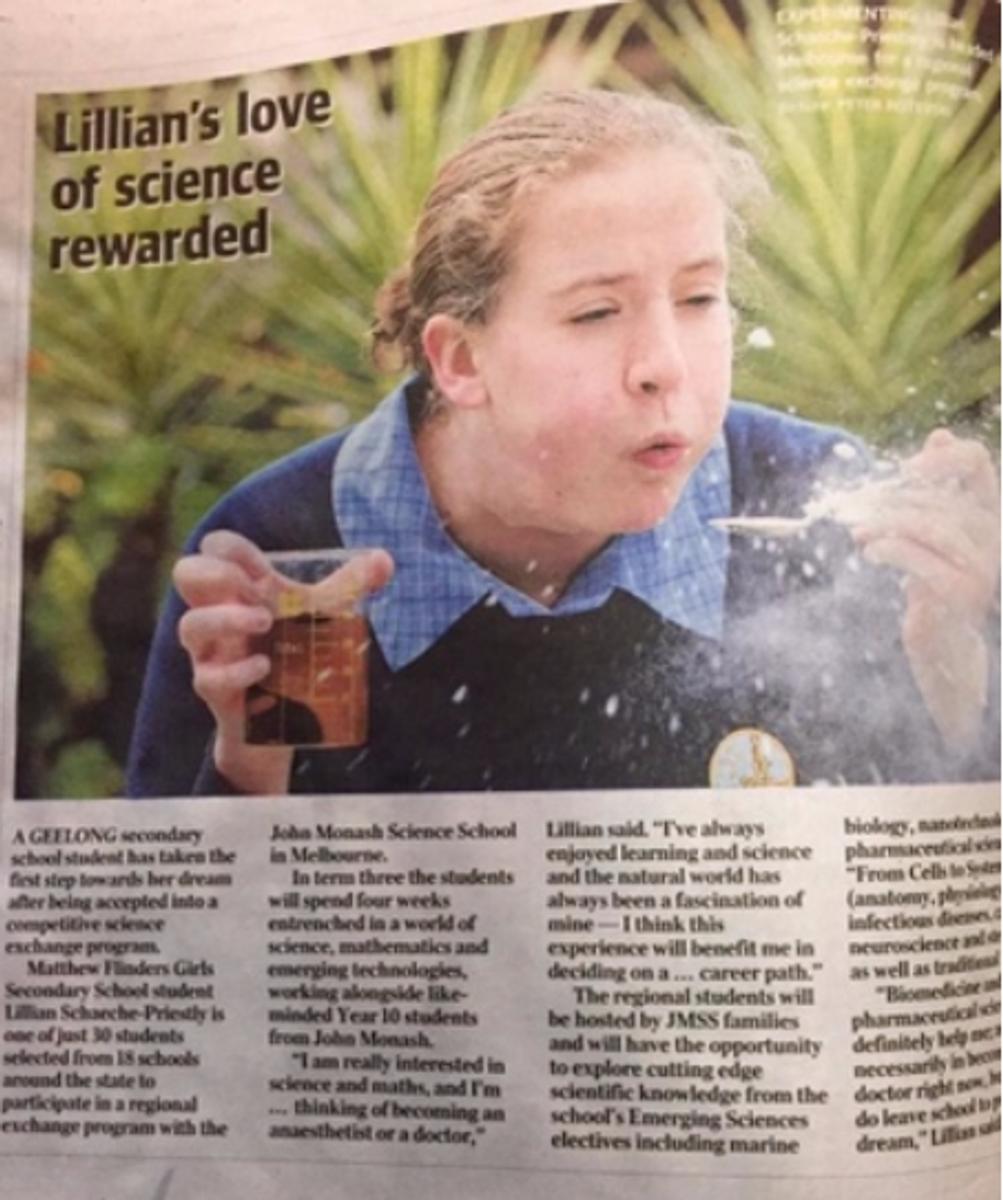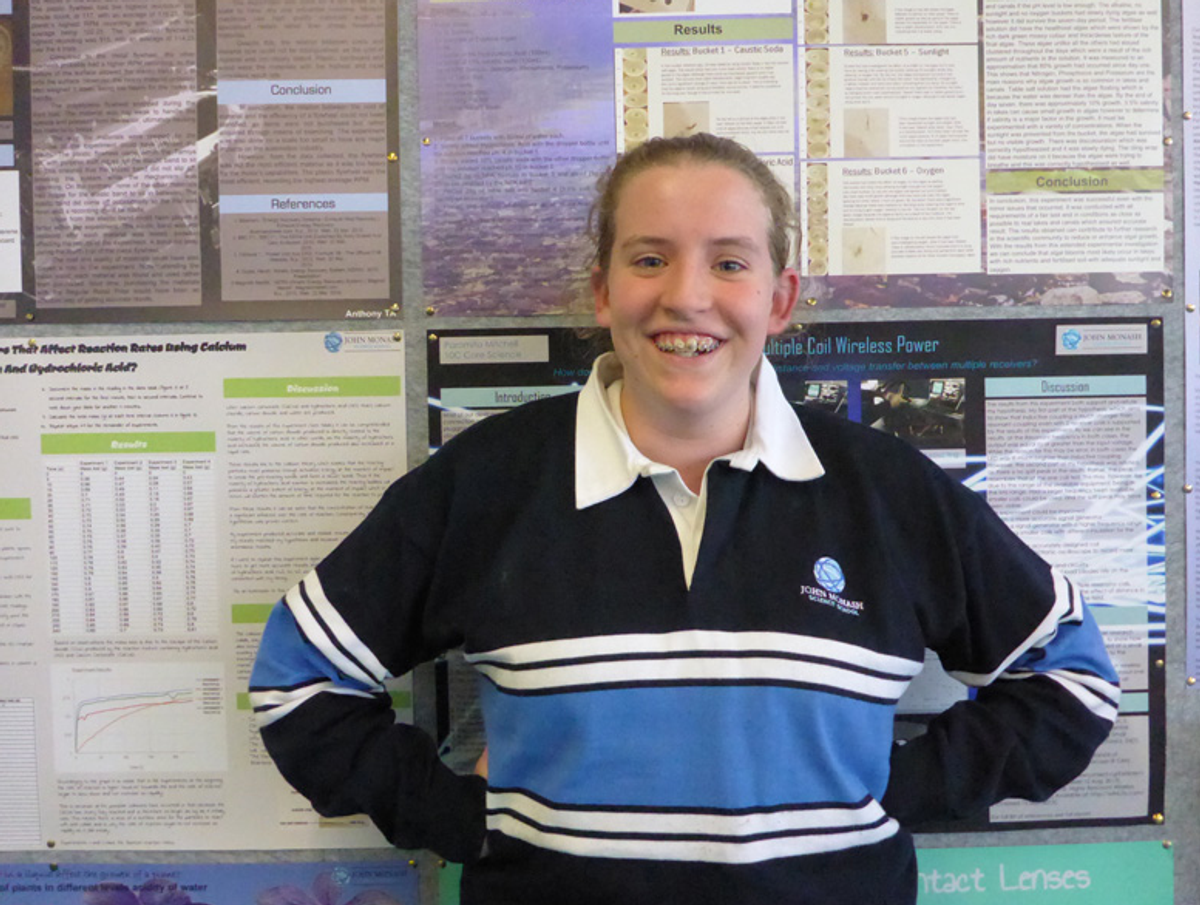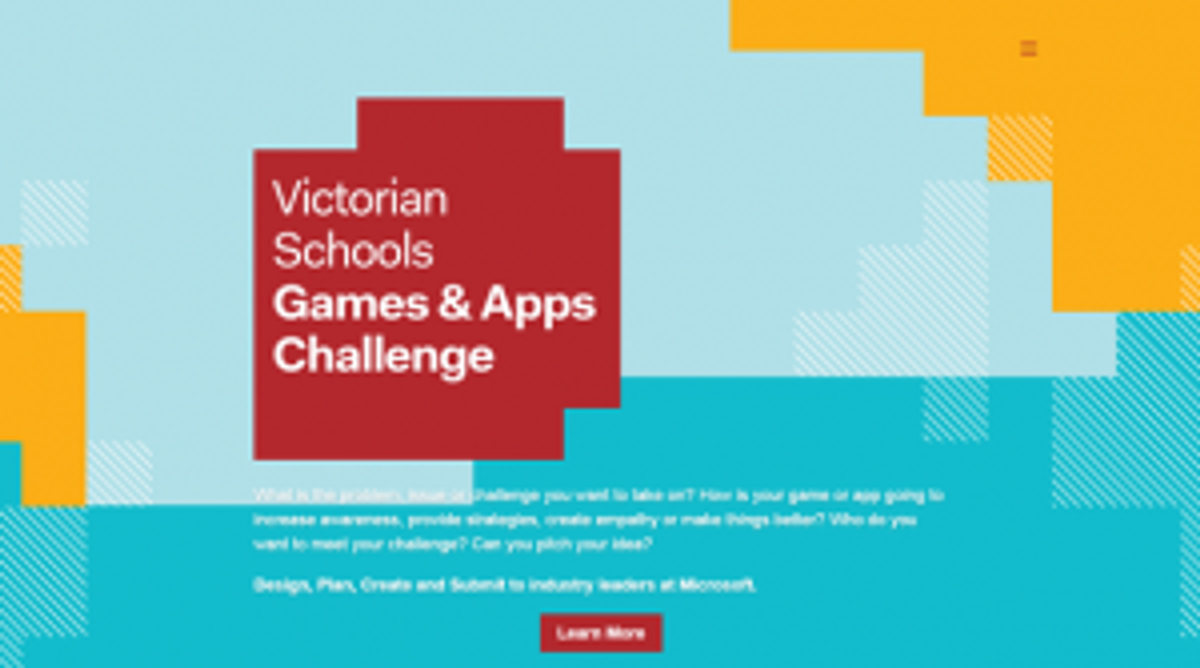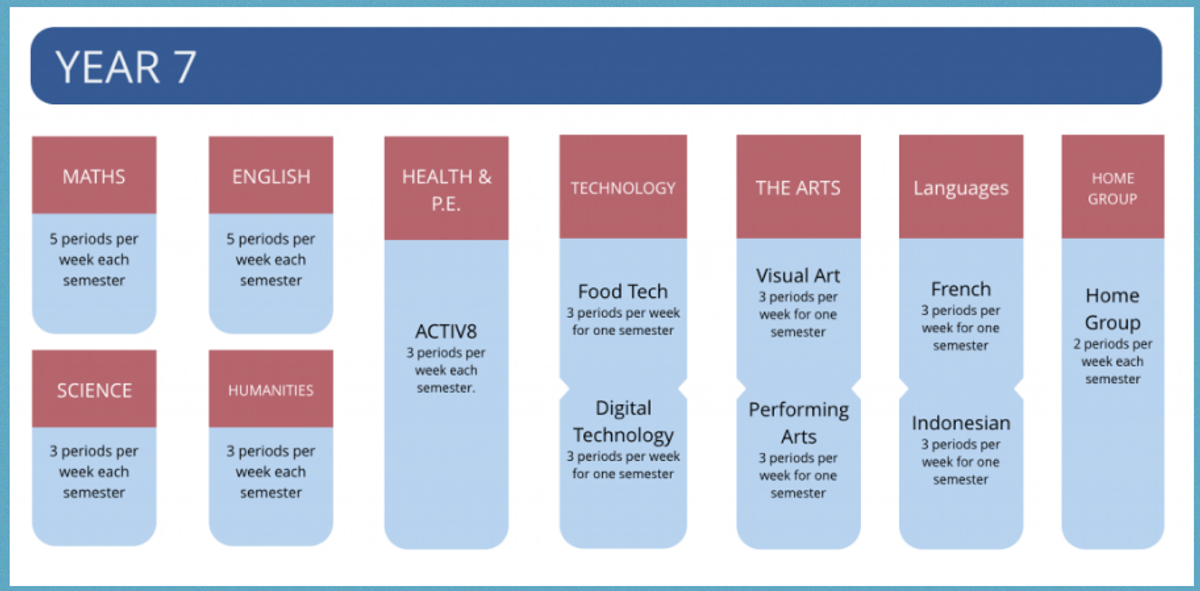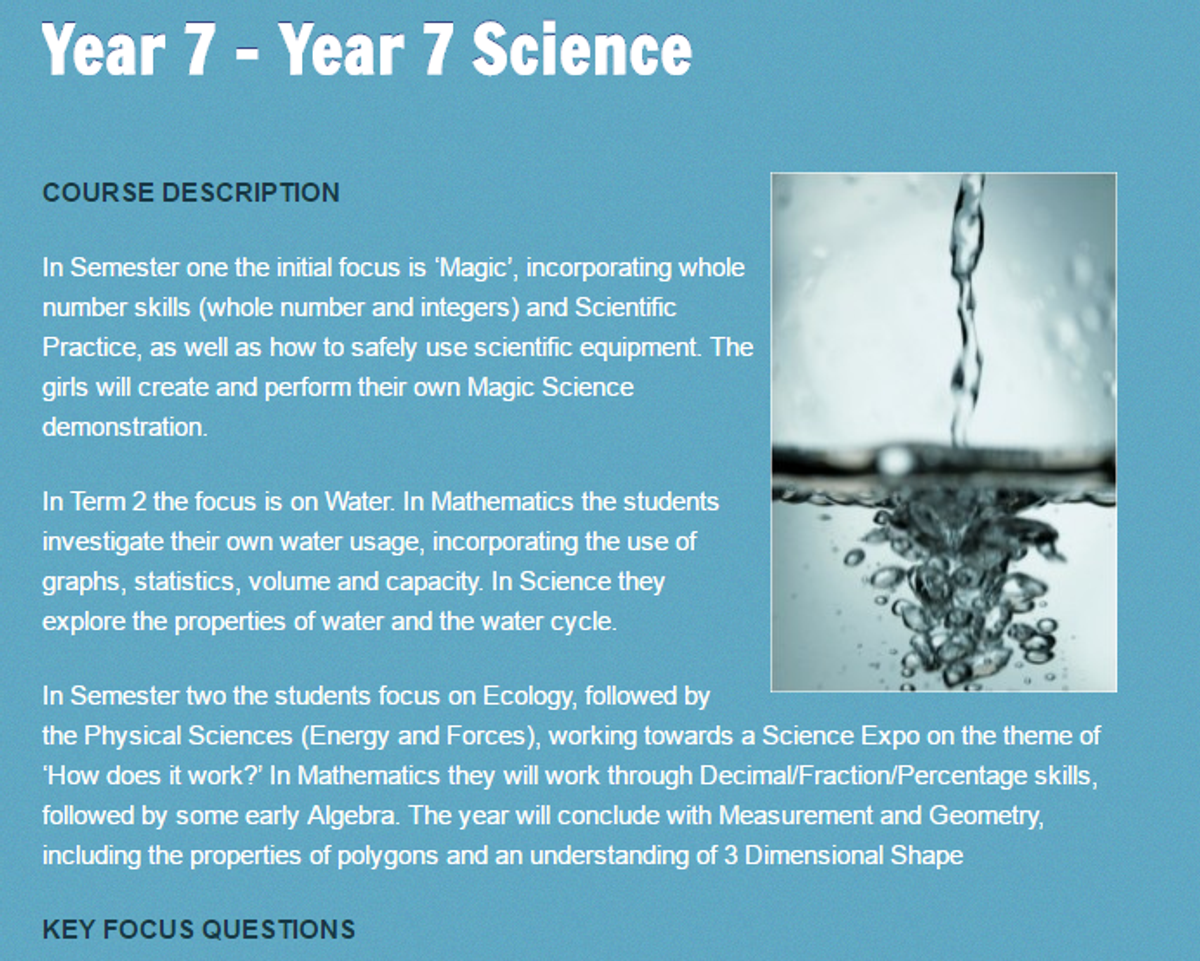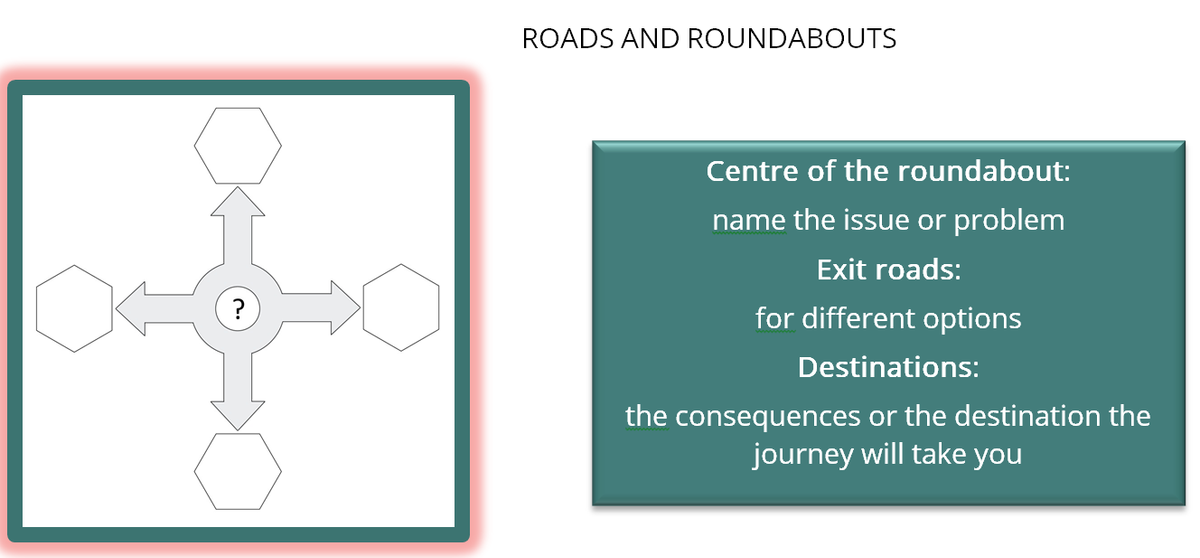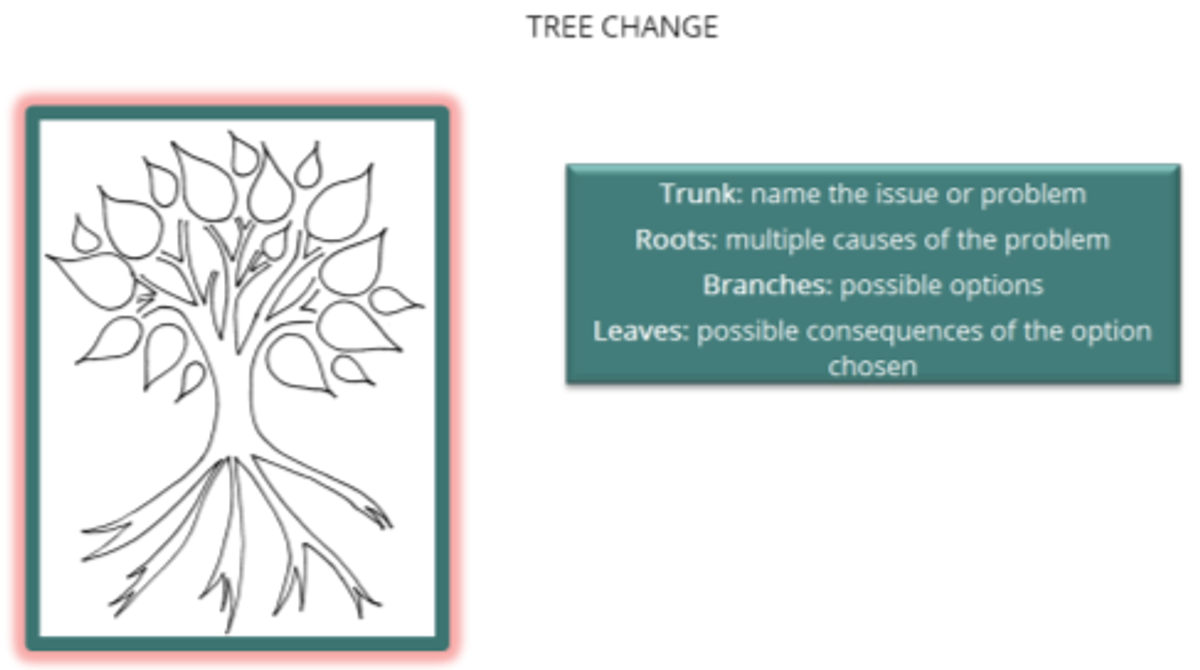Learning @MFG
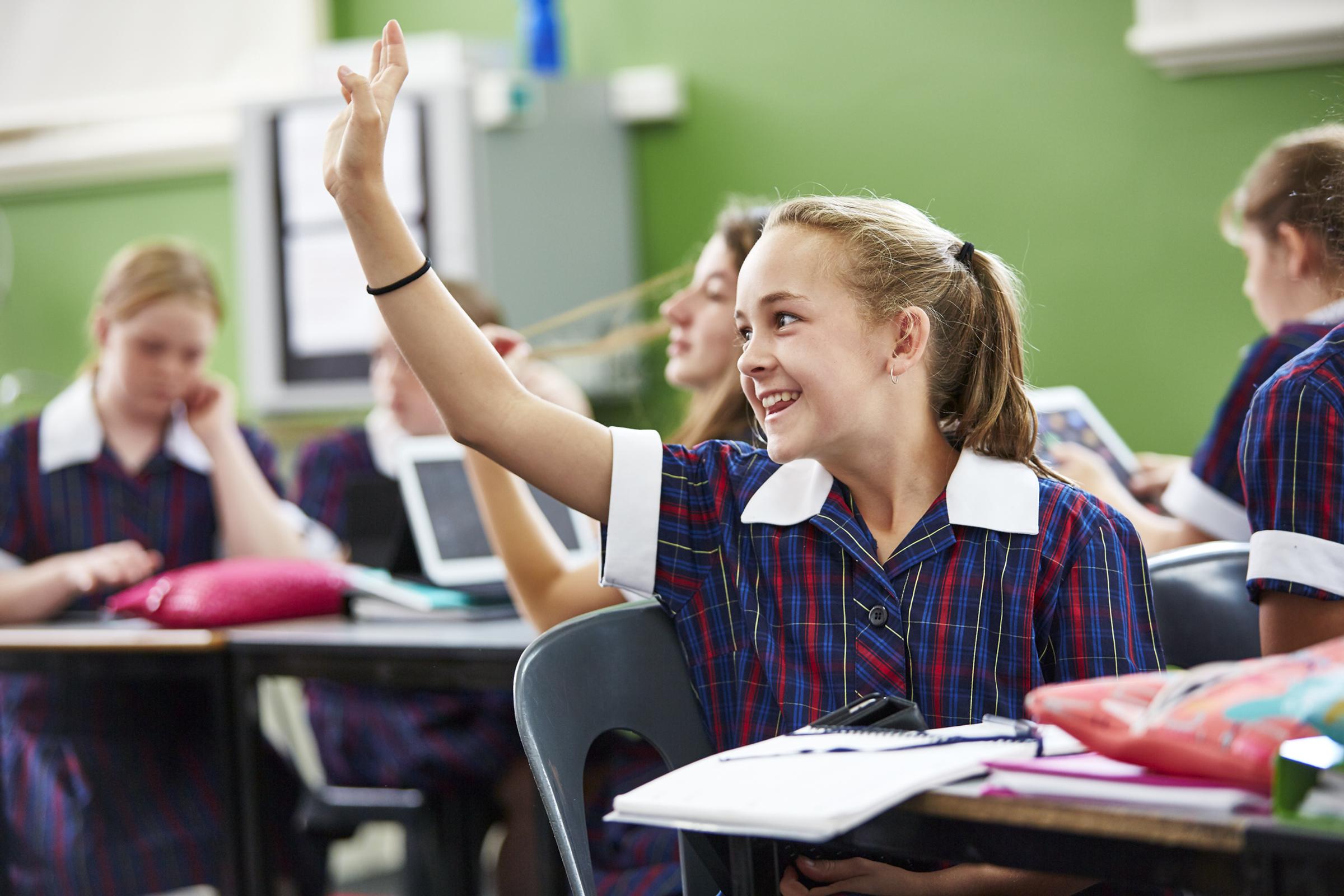
PARENT TEACHER STUDENT LEARNING CONFERENCES
Our Term 3 Parent-Teacher-Student Learning Conferences will be held on Tuesday 23rd August between 12pm and 7pm on the Main Campus of the College. There will be no classes in the morning. However, your child is expected to attend the Conference with you. Teachers will be having a short break between 2-2.20pm and a dinner break between 4.25-5pm and you will not be able to make a booking during these times.
MAKING A BOOKING ON COMPASS
BOOKINGS OPEN: Tuesday 16th August
BOOKINGS CLOSE: Monday 22nd August at midnight
You can make a booking using Compass – go to the Community icon (the two people) and select Parent-Student-Teacher Conferences. Students cannot book interviews using their accounts.
A handout which explains how to make a booking on Compass, a list of where teachers are located and a map of the Main Campus are in the School Documentation section on Compass– go to the folder called ‘Parent-Student-Teacher Learning Conferences’.
Please be mindful that each Learning Conference goes for 10 minutes only. If you would like to arrange a more in-depth discussion with a particular teacher, then please make another appointment with that teacher.
We look forward to seeing you at this event and discussing your child’s progress, learning and goals. Please contact me at the College on 4243 0500 or at toussaint.damien.a@edumail.vic.gov if you have any questions about this event.
YEAR 7 AND 8 INVENT TO LEARN DAY
While our Year 9-11 students were considering pathways options and participating in our Subject Expo, our Year 7 and 8 students were creating, tinkering and making. This was our 3rd annual ‘Invent to Learn’ day – our Year 7s had to design and make an educational board game using a design process, a few thinking routines and the available resources. Our Year 8 students were challenged with creating an animation/slowmation which demonstrated their understanding of a science concept they had learned about this year.
http://www.slowmation.com/
It was a wonderful day characterised by a creative energy, collaboration and a chance to focus on a task for a whole day – a rare opportunity at secondary school.
SUBJECT SELECTION FOR 2017
All of our students in Years 7-11 have just completed their subject selections for 2017. This is quite an involved process which includes a Career Action Plan, recommendations from teachers, conversations with teachers and parents and, in some cases, interviews with our Pathways Leader, Mrs Freda Wright.
LILLI SCHAECHE-PRIESTLEY AT JOHN MONASH SCIENCE SCHOOL
Lilli successfully applied for a regional scholarship at John Monash Science School (JMSS). She has completed a number of specialist subjects through JMSS’s Emerging Science Victoria program and she is currently in her second week as a student at JMSS. We look forward to hearing about Lilli’s experience – especially how she goes with her team as they conduct research and talk about their research and Science poster at JMSS’s annual Science Fair.
Mr Ross Kalla, her Science teacher, is spending two days at JMSS watching Lilli in action as well as observing classes and picking the brains of JMSS teachers and observing their programs, learning and teaching.
STEM (SKILLING THE BAY) TEACHERS ON FILM
Ms Sharon Hogan (Maths Learning Area Leader), Ms Kim Morris and Mr Paul Dangerfield were literally in the spotlight this week. As part of our involvement in the Skilling the Bay: STEM Successful Students project with Deakin University, our teachers were interviewed by a film crew who were capturing our participation in the Skilling the Bay STEM (Science Technology Engineering Maths) program. They asked some prompting questions and the goal was to capture the value of the program for our students in raising the awareness of STEM and connections with the wider community.
We look forward to seeing the footage and sharing it with you.
NAPLAN ONLINE
We have two classes participating in the NAPLAN online trial during August – one Year 7 English class and one Year 9 English class.
From 2017, the NAPLAN tests will transition from a paper based test to an online assessment (i.e., students will complete the tests utilising a computer or tablet). NAPLAN Online will deliver numerous benefits including:
- reduced time between testing and reporting, increasing the ability of teachers to use the results to inform teaching practice;
- a ‘tailored test’ design that adapts to correct and incorrect student responses providing a more precise understanding of student achievement;
- innovative use of technology, including a more engaging test design and a wider range of item types;
- improved equity of access, including greater potential to support students with a disability;
- the extension of the ‘test window’ to two weeks, allowing schools greater opportunity to schedule the tests at times that suit them best and increasing student participation.
In Victoria, the transition will involve a 2017 Pilot of NAPLAN Online, with the majority of schools completing the tests online in 2018 and all schools completing the tests online in 2019. We nominated to participate in the Pilot as we wanted to benefit from the advantages of the online test delivery, including earlier feedback on student performance and the flexibility of a longer test window. We also felt the school would benefit from making the transition in a pilot environment that concentrates on supporting a sample of Victorian schools.
BRYNNIE RAFE: INKY AWARDS NATIONAL JUDGE
https://insideadog.com.au/blog/presenting-2016-inky-awards-judges-0
Congratulation to Brynnie (Year 10) who was selected as a judge for the national Inky Awards. She is currently reading 20 longlisted books and preparing to select which 10 will make up this year’s shortlist. Brynnie will work with the 6 other judges from all over Australia to come up with a shortlist that people can use to vote for the winning book.
Victorian Schools Games and Apps Challenge
The Department of Education, Victoria (DET), Microsoft and ACMI are proud to announce the Victorian Schools Games and Apps Challenge.
This exciting challenge provides an opportunity for students in Years 8 and 10 to design, develop and pitch a game or app to Microsoft to solve a problem they believe needs solving.
The challenge brings the new Victorian curriculum to life. By bringing together Digital Technologies and Critical and Creative Thinking, teachers can empower their students to become discerning and creative problem solvers.
The Challenge asks students to identify a problem, conduct research, analyse data, and use this information to design and code a prototype Game or App that offers a solution.
Entries for the Victorian Schools Games and Apps Challenge close on Friday 14 October 2016.
For more information and to enter the Victorian Schools Games and Apps Challenge visit: gac.global2.vic.edu.au/
Curriculum for community and parents/carers
The Department of Education’s curriculum planning and reporting guidelines ask schools to engage with parents and their local communities in developing the teaching and learning program and should document and publish their teaching and learning program. This enables opportunities for learning outside the immediate school environment to be identified and incorporated in the teaching and learning program.
Currently, we represent our teaching and learning program on our College’s website under the eCurriculum tab: http://mfgsc.vic.edu.au/ecurriculum/year-7/
We are currently working on developing a curriculum ‘roadmap’ and some scope and sequence charts that show what we are teaching, the connections with the Victorian curriculum and how the learning fits together over the years in terms of concepts, principles, skills and big ideas. Geoff Masters captures this idea best:
…when the school curriculum is viewed as a roadmap it also becomes important that this roadmap reflects learning as it is experienced by learners. In other words, the curriculum is developed not simply as a top-down specification of what somebody believes students in a particular year of school should be learning, but as a description and picture of how long-term progress in an area of learning typically occurs in practice.
We are about to launch a new look College website and part of this will be to represent our learning and teaching programs and their foci.
We are interested in your ideas - what we should include that is useful for our students and members of our community?
You can contribute your ideas here at here:
https://www.surveymonkey.com/r/VLPRBHF
Damien Toussaint,
Assistant Principal, Learning and Teaching
WHY FOCUS ON PROBLEM SOLVING?
The ability to use effective problem solving strategies is identified by the World Health Organisation (WHO) as a key skill for good health and wellbeing. So, it is important to help our students develop their critical and creative thinking skills to help them think logically and predict and evaluate the consequences of various actions. When students identify positive solutions, they increase the possibility of enacting these strategies as they have greater ownership of them.
The value of this skill is encapsulated in our Strategic Plan as a Key Improvement Strategy:
KIS: Wellbeing 2 (W2)
Build the capacity of students and staff to be resilient, to have a positive disposition and to have a growth mindset
Teachers and parents can form an important partnership in encouraging young people to use their creativity in solving problems, developing solutions, applying them and reflecting on the outcomes. Encouraging positive and safe risk taking when learning and accepting that ‘failing’ and ‘persisting’ form part of our learning will all contribute to the development of effective problem solving skills, a growth mindset and a more resilient young person.
In the classroom, teachers use a range of strategies to encourage students to problem solve. These strategies are often captured in simple diagrams, or thinking tools, that encourage a structured, consistent and familiar way to think creatively and to develop solutions. Obviously none of us expect our students to carry hard copies of these tools with them outside of the classroom! What we do hope, however, is that they carry ‘soft copies’ of them in their brains that are then applied as a natural part of their problem solving and decision making processes.
Some of the thinking tools that might be used by your child in school include:
Problem solving strategies can be practised everyday in everything we do. To start the conversation, ask yourself and those around you:
- How do you react to problems in your day-to-day life?
- How do you go about solving problems and making decisions?
Robyn Myers
Acting Assistant Principal – Engagement and Wellbeing
